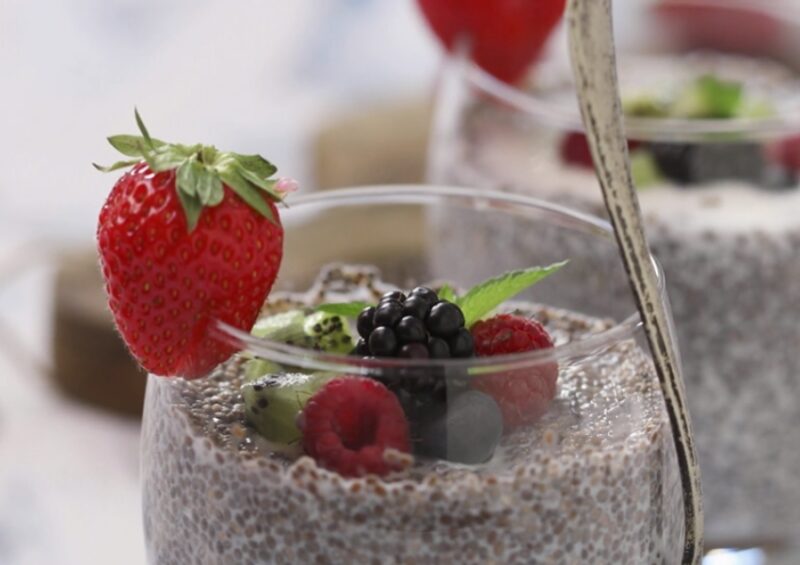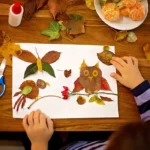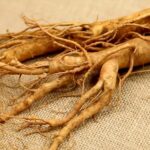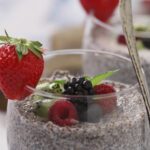The chia plant has been around for centuries now, and historical evidence points to it having originated from far-flung places such as Guatemala and Mexico.
Many people use them for their pain management characteristics. The most important part of this plant is the seed, which can be consumed whole or ground. Said seeds contain deep wells of omega-3 fatty acids, vitamins as well as fiber and come in as a component of food or drink.
The Quality of Chia
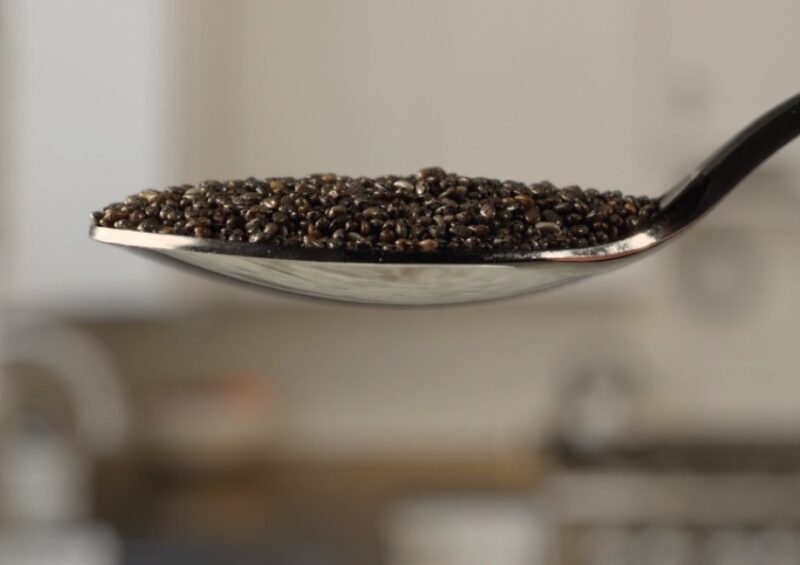
You can incorporate chia seeds into your diet either by eating them whole or using their ground and dissolved in drinks. Generally, the best chia seeds are the ones that have not been ground in this form, the nutritional blocks inside them stay protected from exposure to destructive agents. In addition to that, whole chia promises a long shelf life. If you love your seeds crushed, then you can always DIY using a pepper mill at the time of consumption. This way, nothing goes to waste.
Storage
Keep the seeds in a container with a tight-fitting lid to avoid spillage and more importantly, exposure to the elements. All the containers should be kept dark if possible. As for the ground ones, make sure that compact containers are used and stow them away in cool, water-free places such as pantries or refrigerators.
Can They Go Bad?
Technically, anything that has oil in it will turn rancid after some time, and Chia seeds contain oil. However, in most cases, Salvia hispanica is horribly difficult to just turn up bad. The seed has a ‘best by date’ of 2 years (according to most manufacturing and packaging houses). This shelf life doubles if the right methods of storage are used. The refrigerator seems to be the storage unit of choice as it keeps the seeds fresh for over four years. A pantry will keep your seeds safe for around two and a half years.
If you are looking for seeds that stick around for the longest time, start at the point of purchase. Always buy your seeds in the temperature-regulated sections of your local store (think freezers and refrigerators). Never keep your supply near water or moisture and always keep your containers very tightly sealed.
The good news for all of us is that while chia will expire, it is not nearly as delicate as flax because it is nowhere as near oily. To find out if your supply needs to be thrown out, give it taste-spoiled seeds tend to be bitter as opposed to nutty.
Chia Expiration Date
| Opened/Unopened | Pantry | Fridge/Freezer |
|---|---|---|
| Chia Seeds last | 2+ Years | 4+ Years |
| Chia Meal lasts | 2-4 Weeks | 1-2 Years |
| Chia Gel lasts | 2 Hours | 2-3 Weeks |
How to tell if Chia is bad, rotten or spoiled?
Chia seeds typically have a long shelf life and do not spoil easily. However, there are some signs to look out for to determine if chia seeds have gone bad, rotten, or spoiled:
- Smell: If chia seeds have gone bad, they may have a rancid or musty smell.
- Appearance: Check for any discoloration or mold growth on the seeds. If there are any black or green spots, the chia seeds may have spoiled.
- Taste: If you notice any bitter or sour taste when consuming chia seeds, it may indicate that they have gone bad.
- Texture: If chia seeds feel moist or sticky, it could be a sign of spoilage. Fresh chia seeds should have a dry and crunchy texture.
If you notice any of these signs, it is best to discard the chia seeds as consuming spoiled food can cause illness. It is always advisable to store chia seeds in an airtight container in a cool, dry place to maximize their shelf life.
How long is Chia good for when prepared in a dish?
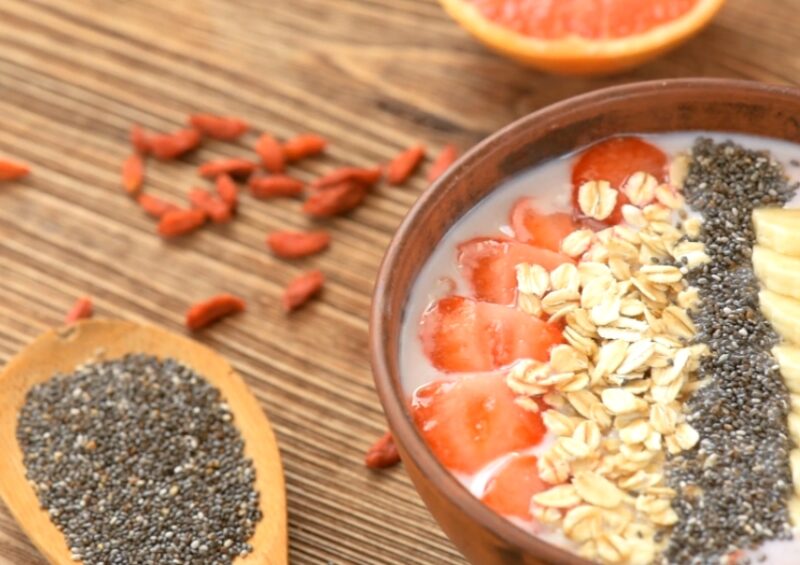
The shelf life of chia seeds in a prepared dish can vary depending on the ingredients used and the storage conditions. Generally, chia seed-based dishes can be stored in the refrigerator for up to five days.
It is important to ensure that the chia seeds are fully hydrated in the dish and that any perishable ingredients are fresh when preparing the dish. Additionally, storing the dish in an airtight container can help to maintain its freshness.
If you notice any signs of spoilage, such as a foul smell or mold growth, it is best to discard the dish immediately. As with any food, it is important to practice good food safety and hygiene practices when handling and storing chia seed-based dishes.
